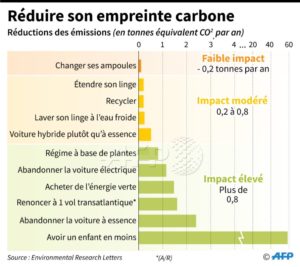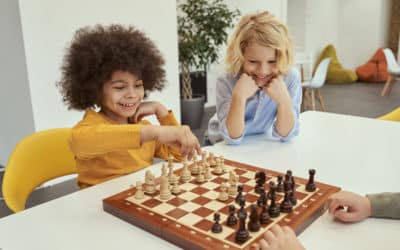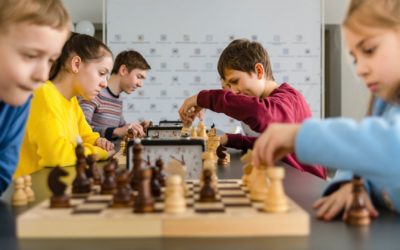In 2021, we celebrate in France the 50 years for ecology. The starting shot is marked by the creation of the Ministry of Ecology Transition in February 1971. By the way, an interactive platform that traces this half-century of commitments, battles and advances has been created. But what about on a small scale? Eco-responsibility is tempting! But you still need to know how to go about it! Whether you are a parent or a good babysitter, you have come to the right place. Kidlee tells you everything you need to know for a flawless ecological education.
Is eco-responsibility and parenthood a paradox?

A few years ago, a study published by the AFP to reduce its carbon footprint, has made teeth grind. Especially, those of the parents. In the latter, we learn that having one child less will do more good to the planet than any other ecological gesture. Other ecological gestures include: eating fruits and vegetables in season, sorting your waste, turning off the tap water when brushing your teeth, taking a shower with a timer and turning off the lights when leaving. And even if you add up the scores of these, having fewer children is still the most cost-effective solution.
But in the end, aren't we ourselves creating a decline in the human population? Who knows, if it drops suddenly, maybe our space will be threatened. But the purpose of the perfect balance is to prevent the extinction of any species. And what is the point of saving the world from global warming for future generations if there are no future generations. So, no, parenthood and eco-responsibility are not inconsistent. You just have to adopt the right gestures.
The guide to green education
Opt for second-hand purchases
Whether it's for toys, clothes or even the furniture in your child's room, buy used items. Your wallet will be happy and the planet will thank you.
Goodbye plastic, hello eco-responsibility


So, course or not to take no more plastic bags when leaving the supermarkets? It is important to know that in 2015, more than 381 million tons of plastic were produced on a global scale. That's more plastic by weight than human beings! So, we get motivated and we go out with our tote bag. It is the same for the water bottle now it is replaced by the gourd. In addition to being ecological, it is stylish! And you can customize it. Also, we say goodbye to plastic toys and hello to wooden ones!
Raising awareness among children



Just as you have learned to love nature and protect it, this must be passed on to children from a young age. This can start with a first contact with nature. Take the time to make them discover the environment that surrounds us with every little detail. As time goes by, the child will develop a love for the environment that surrounds him and will want to take care of it in turn. And it is at this point that you will have to set an example with small simple gestures that will make all the difference.
Consider signing up for a workshop
At first glance, it may seem like being an eco-friendly parent is a complicated task. Sure, it's a rocky road when you're a novice, but it's not impossible! However, you can always get help from professionals and that's what these workshops offer.

Here is our selection:
Eco-parenting workshop - Mrs. Peas & Mr. Cabbage
Learning about environmentally friendly alternatives to reconcile needs and values is the promise of this workshop.
Workshops for an eco responsible parenting - The House of the Angel
La Maison de L'Ange accompanies future parents and parents in a "0 waste" and eco-responsible parenting. It offers free information workshops on the use of cloth diapers, rentals to test this concept and the sale of "0 waste" and sustainable products.

Eco-friendly workshops for young and old - Environa
These workshops are aimed at all ages and provide the keys to adopting eco-responsible attitudes on a daily basis. They are creative, playful and concrete, based on a pedagogy of exchange and experimentation. Different themes related to ecology, the environment and nature are addressed. For example, the Christmas workshop to celebrate and prepare by spending less but better, and by making your own Christmas decorations from recycled materials.


